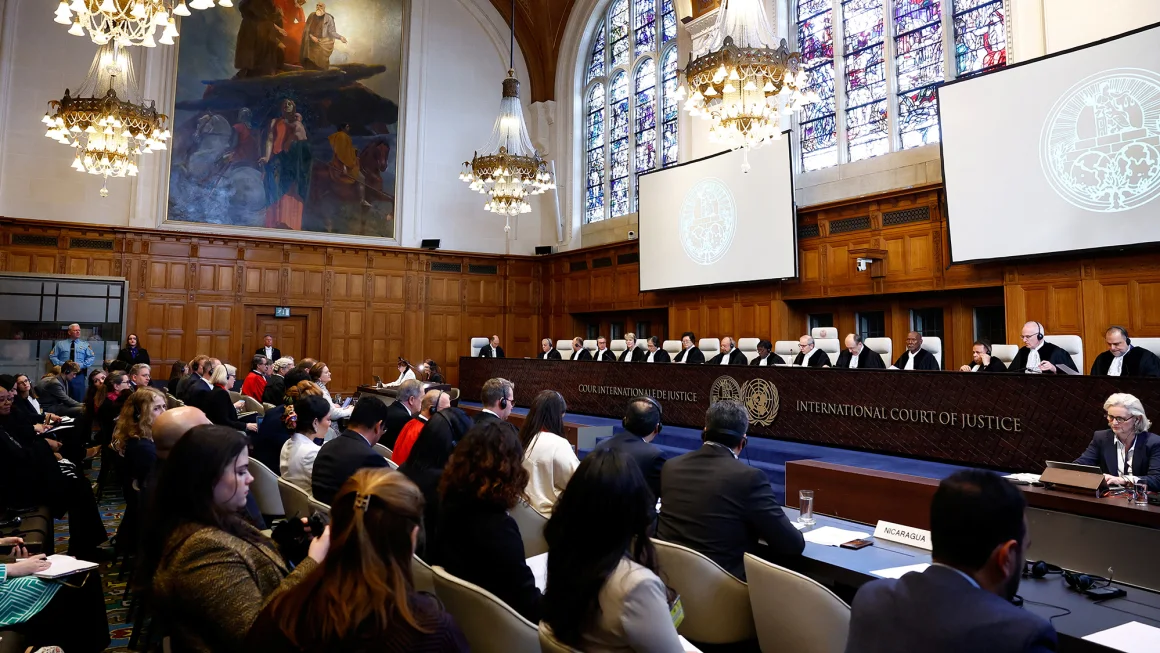The United Nations’ highest judicial body, the International Court of Justice (ICJ), recently made a crucial decision rejecting Nicaragua’s urgent request for Germany to cease its arms exports to Israel. This ruling underscores the complexity and geopolitical nuances intertwined with international law, military alliances, and national foreign policies.
Legal Standoff at the Hague
Court’s Deliberation on Emergency Measures
The International Court of Justice found that the current circumstances did not necessitate invoking provisional measures under Article 41 of its statute against Germany. Judge Nawaf Salam, president of the ICJ, emphasized this decision with a majority of 15 votes to 1, highlighting the stringent criteria required for such emergency actions.
Humanitarian Concerns Voiced
Acknowledging the Palestinian Plight
Despite rejecting Nicaragua’s call for immediate action against Germany, the ICJ expressed significant concerns regarding the dire situation faced by Palestinians in Gaza. Judge Salam specifically noted the catastrophic living conditions, including severe food and necessities shortages, demonstrating the court’s awareness of the broader humanitarian implications of the conflict.
Continuing Legal Battle
Germany’s Position and Future Proceedings
The ICJ also denied Germany’s demand to dismiss Nicaragua’s lawsuit entirely, signaling that the legal battle will extend over the coming years. This decision allows for a detailed examination of the allegations that Germany violated its obligations under the Genocide Convention through its support for Israel. Tania von Uslar-Gleichen, representing Germany, staunchly refuted these allegations, asserting Germany’s non-partisan stance and dedication to pursuing a two-state solution in the Middle East.
The ICJ’s ruling reflects the complexity of international legal mechanisms and hints at the ongoing international tension regarding arms trade and its implications for conflict zones. As the legal proceedings continue, the international community remains watchful of the impact this case may have on international relations and the volatile dynamics of the Middle East. The balance between legal frameworks, international diplomacy, and humanitarian concerns continues challenging nations worldwide.







